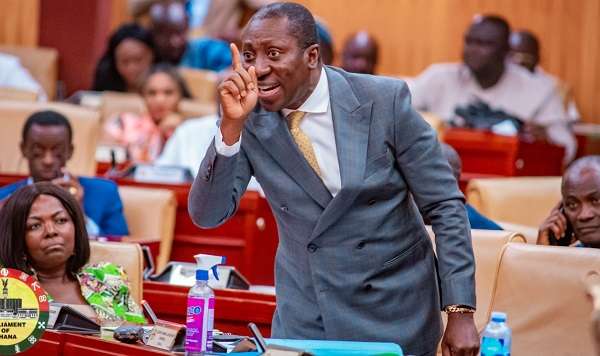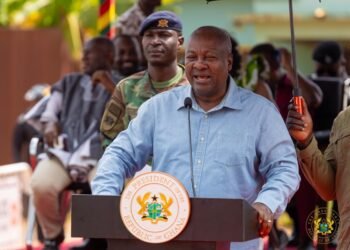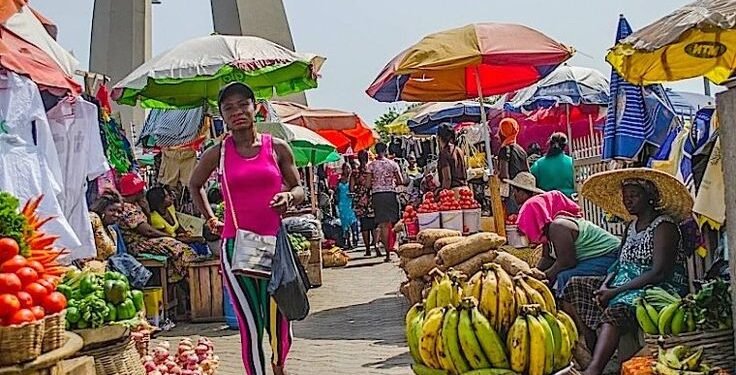Hon. Alexander Kwamena Afenyo-Markin has strongly refuted the circulation of fake quotes attributed to him in relation to the Prof. Mike Oquaye Committee report, describing them as deliberate attempts to smear his name and mislead the public.
The Minority Leader of Parliament issued a pointed statement condemning social media posts that claimed to reference specific portions of the yet-to-be-released internal New Patriotic Party (NPP) report.
He emphasized that the statements being shared, complete with supposed page numbers and quotes, are entirely fabricated and false.
According to Afenyo-Markin, these fake quotes have been largely propagated by one Issah Ourodjabor Dikeni Ibrahim, whom he identifies as being affiliated with the ruling party, the NDC.
The content in question is alleged to have originated from the Prof. Mike Oquaye Committee report, which was mandated by the NPP to assess the party’s performance and structure following the 2024 general elections.
“My attention has been drawn to certain false and malicious statements currently being circulated on social media, particularly by one Issah Ourodjabor Dikeni Ibrahim, alleging to quote directly from the report of the Prof. Mike Oquaye Committee of the New Patriotic Party (NPP).”
Hon. Alexander Kwamena Afenyo-Markin
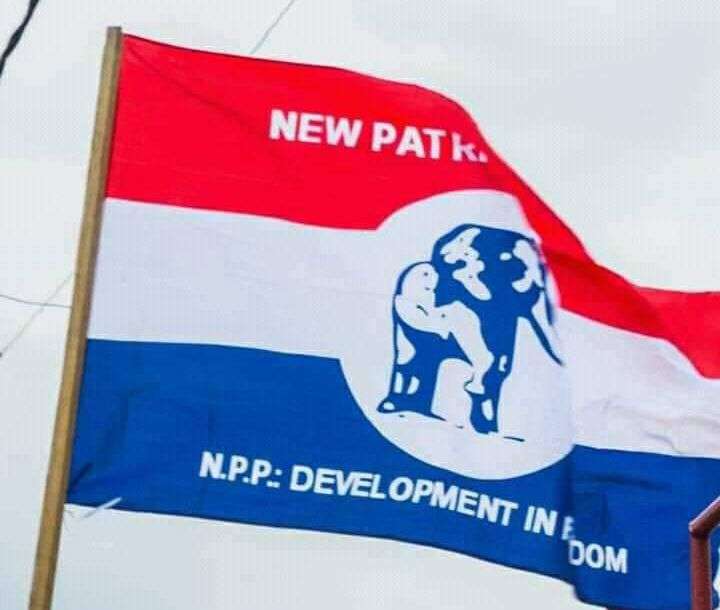
He explained that he had no involvement whatsoever with the committee’s work. He neither appeared before the committee nor submitted any statement—oral or written—and therefore could not have made any remarks that could be quoted in its final report.
Afenyo-Markin added that these claims are a calculated attempt to tarnish his credibility and manipulate public perception.
Fake Quotes, Political Misinformation
Hon. Alexander Afenyo-Markin further supported the party’s General Secretary, Mr. Justin Kodua Frimpong, who clarified that the NPP has not officially released any part of the Prof. Oquaye Committee report.

According to both officials, the committee submitted a single copy of its findings to the National Council via the National Chairman and General Secretary, and that report is still under review.
“As has already been clarified by our General Secretary, Mr. Justin Kodua Frimpong, the NPP has not released or disseminated any portion of the Prof. Oquaye Committee Report to any person, group, or organ within or outside the Party.”
Hon. Alexander Kwamena Afenyo-Markin
This directly contradicts the claims being circulated online. The so-called quotations, which include page references and internal commentary, are described by the Minority Leader as entirely fictional.
He pointed fingers at political opponents for orchestrating these deceptive narratives.
In his strongly worded rebuke, Afenyo-Markin warned that the individuals behind these antics are engaging in clear political mischief, with many known to have affiliations with the National Democratic Congress (NDC).
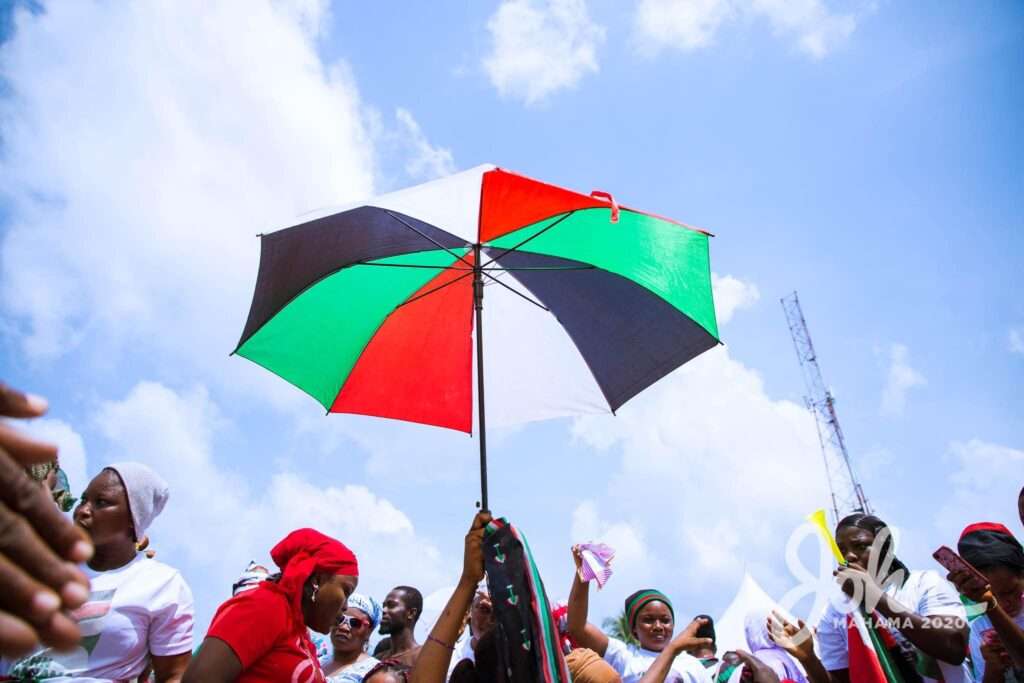
“The individuals and entities circulating them are acting with clear malice and political mischief, and it is NDC coincidence that many of them are known activists or sympathizers of the NDC.”
Hon. Alexander Kwamena Afenyo-Markin
Despite the smear campaign, the Minority Leader assured the public that the NPP remains focused on its core mandate—renewing and strengthening the party’s internal cohesion.
“These tactics will not distract us from the critical task of renewing and strengthening our Party ahead of the 2028 general elections. I urge the general public and party faithful to treat these baseless posts with the contempt they deserve.”
Hon. Alexander Kwamena Afenyo-Markin
His response comes at a time when political tensions continue to simmer in the post-2024 election landscape, with both the NPP and NDC recalibrating for the next national elections.
The circulation of fake quotes, particularly online, highlights the growing threat misinformation poses to public trust and political accountability.
For Afenyo-Markin, the battle is not just about clearing his name but about resisting a growing trend of weaponizing digital media for partisan agendas.
By drawing attention to the dangers of misinformation, he has issued a broader call for political responsibility and truth in public discourse.
READ ALSO: Severe Funding Gaps Threaten Ethiopia’s Nutrition Support Efforts

